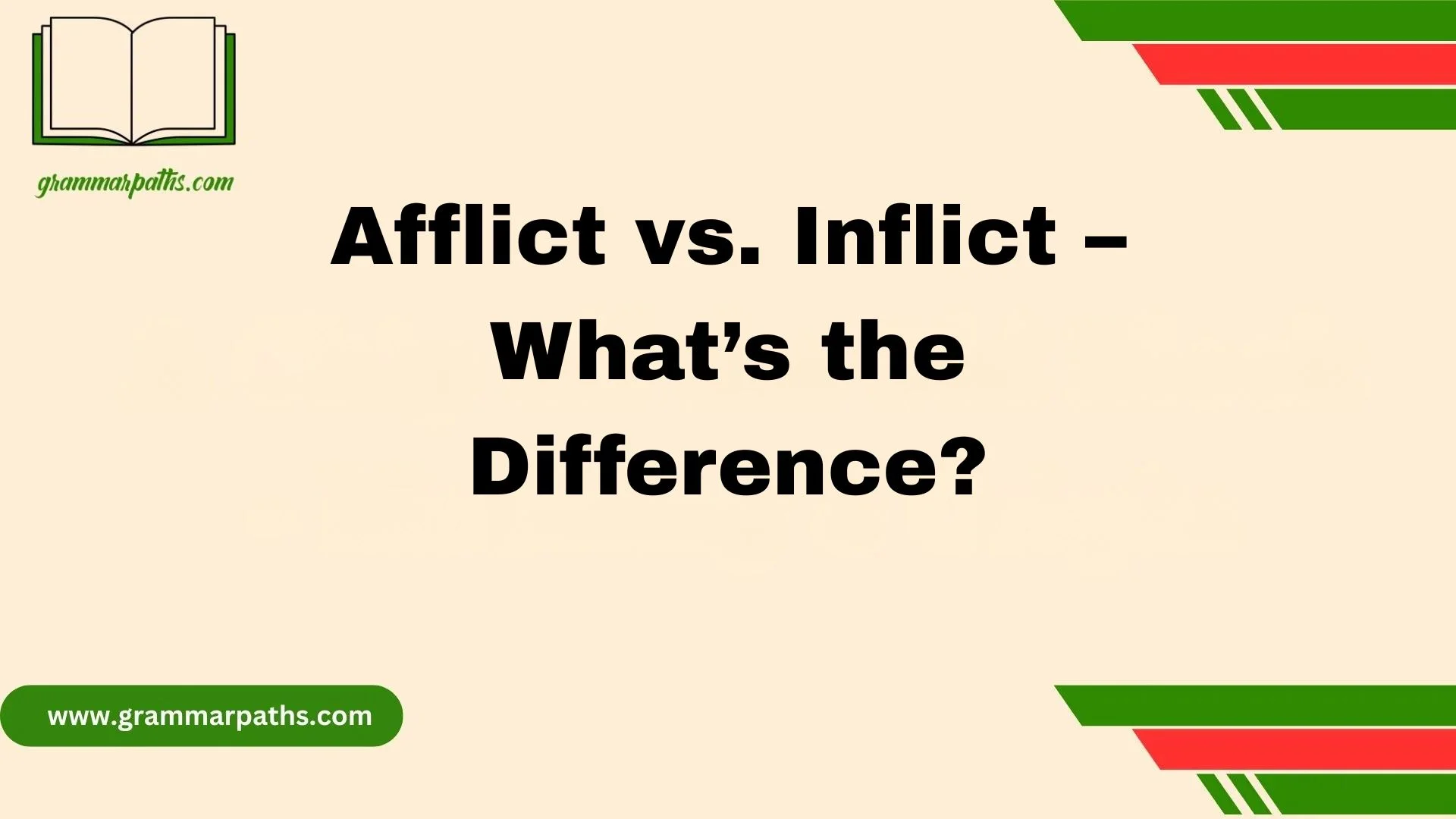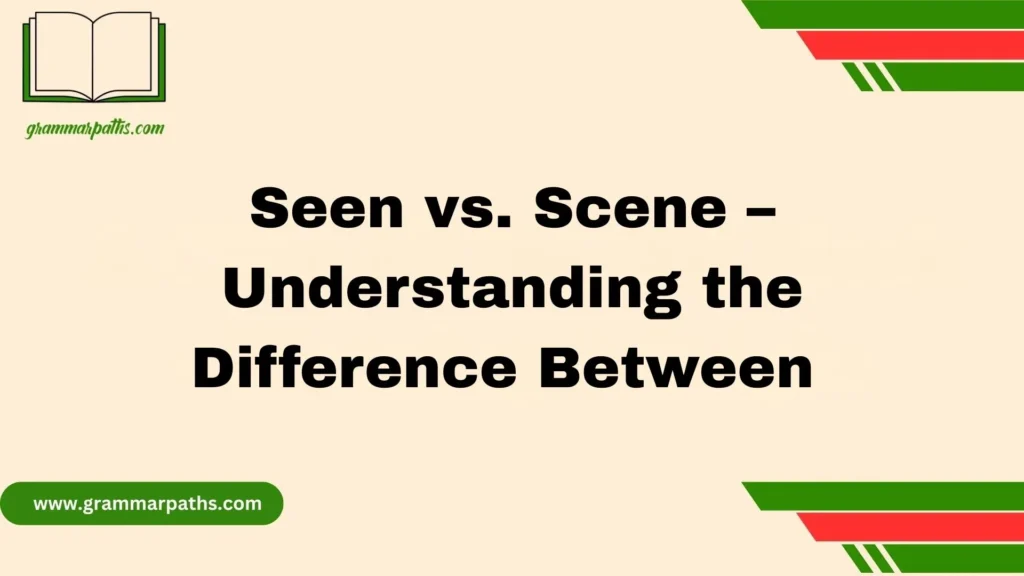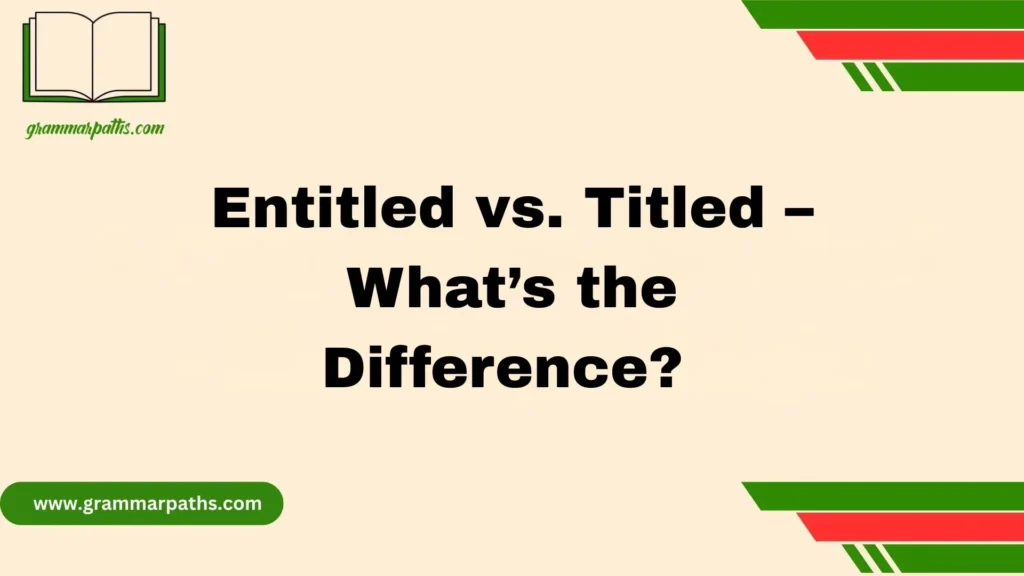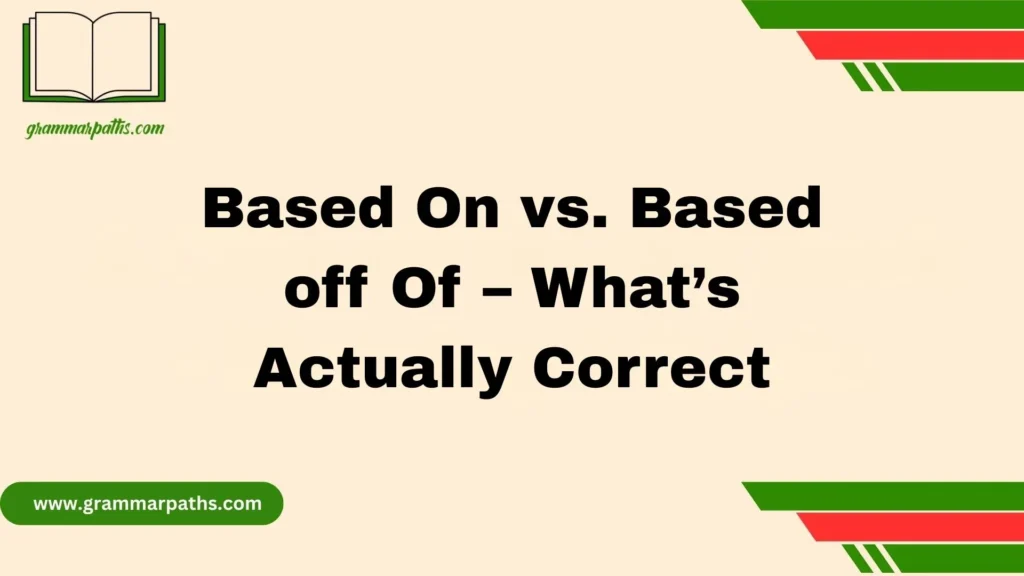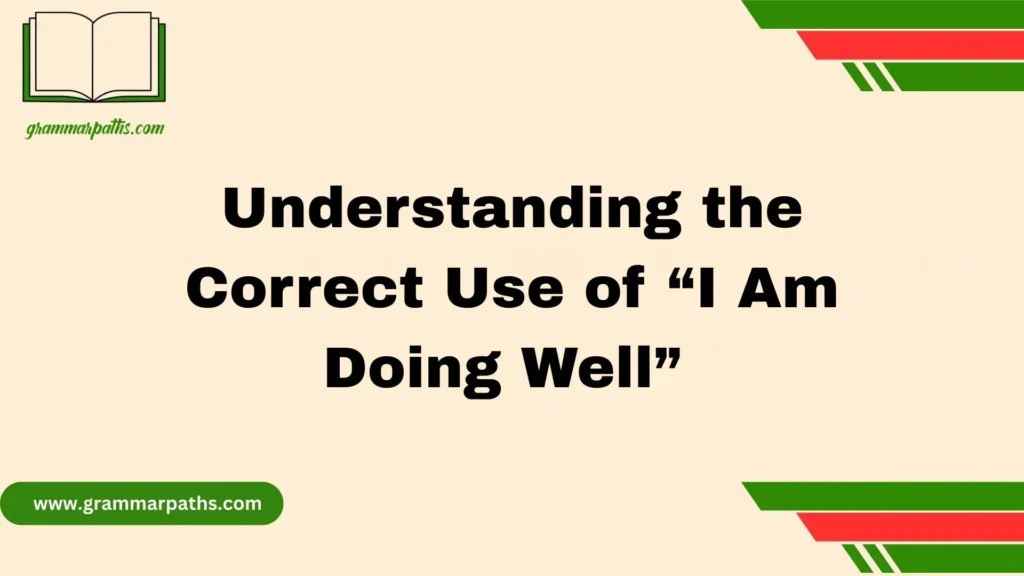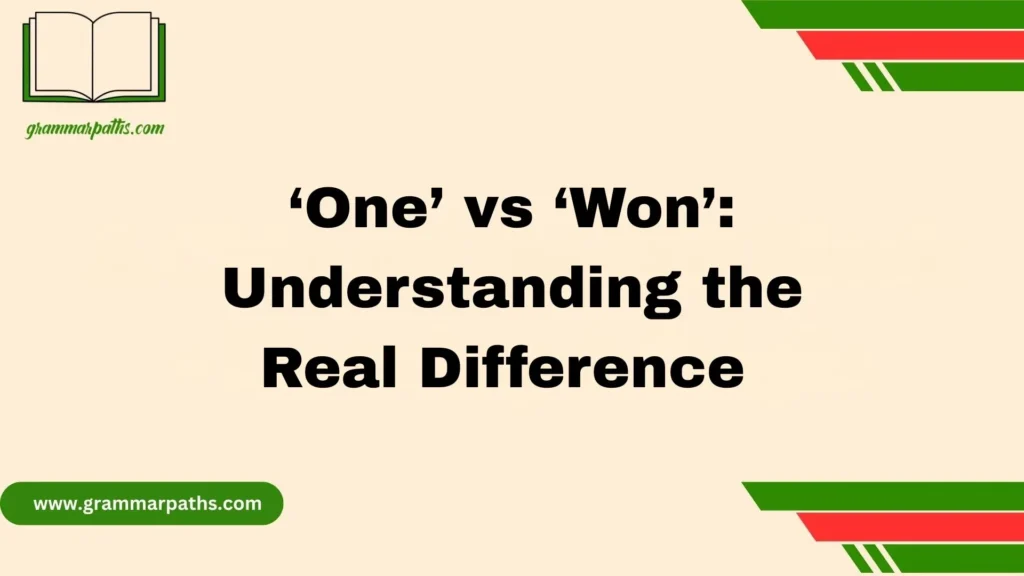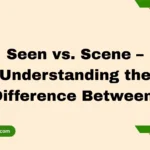The English language is filled with words that look or sound similar but carry very different meanings. One common source of confusion comes from the verbs afflict and inflict. At first glance, they may seem interchangeable, but their usage and context reveal distinct differences. Understanding these terms is essential for improving both written communication and spoken English.
The word afflict generally refers to a condition or state of suffering. It is often used when describing how someone is affected by pain, hardship, or disease. For example, you might say, “She was afflicted with arthritis,” which shows that the suffering is something a person experiences. On the other hand, inflict highlights the action of causing that suffering. It refers to imposing harm, damage, or punishment upon someone or something. For instance, “The dictator inflicted harm on his people” makes it clear that the suffering was actively caused.
Knowing the difference between afflict vs. inflict allows writers and speakers to choose the right verb for the right situation. By mastering these subtle nuances, you can avoid common mistakes, strengthen your vocabulary skills, and express ideas with clarity and precision.
The Latin Roots: Breaking Down “-flict”
Both words trace back to the Latin verb fligere, meaning to strike or to beat down. That single idea of “striking” branches into several English words:
- Afflict – struck by suffering or distress
- Inflict – striking harm upon someone
- Conflict – striking together, clashing
- Deflect – to strike aside or turn away
Knowing the root meaning gives you a shortcut. Any word ending with “-flict” usually involves some form of struggle, impact, or harm.
Quick Note: Latin roots are the backbone of English vocabulary, especially in academic, medical, and legal writing. Understanding them helps you see patterns and avoid mistakes.
What Does “Afflict” Mean?
At its core, afflict means to cause pain, suffering, or distress to someone. It focuses on the state of the person who suffers.
Examples:
- “The region was afflicted by famine.”
- “She felt afflicted by guilt.”
- “The soldier was afflicted with nightmares after the war.”
Notice how the subject of the sentence (the person or thing) is the victim, not the cause.
Common Uses of “Afflict”
- Medical contexts: “He is afflicted with arthritis.”
- Emotional contexts: “She is afflicted by sorrow.”
- Societal issues: “The city is afflicted with poverty.”
Collocations (Words That Often Appear Together)
- Afflicted with illness
- Afflicted by misfortune
- Afflicted people or communities
In short, afflict = to trouble or burden.
What Does “Inflict” Mean?
On the other hand, inflict means to impose something harmful or unpleasant on someone else. Here, the focus shifts to the agent of harm—the one causing the pain.
Examples:
- “The rebels inflicted heavy losses on the army.”
- “The teacher refused to inflict punishment without reason.”
- “Storms inflicted damage on the coastal towns.”
Here, the subject is the one doing the harm, not the one suffering.
Common Uses of “Inflict”
- Law and punishment: “The judge inflicted a fine.”
- War and violence: “The invasion inflicted casualties.”
- Everyday annoyances: “Don’t inflict your bad mood on others.”
Collocations
- Inflict pain
- Inflict damage
- Inflict punishment
- Inflict suffering
Key Insight: Inflict often shows up in passive voice, e.g., “The wounds were inflicted by a sharp weapon.”
Afflict vs. Inflict: The Key Differences at a Glance
The confusion comes from their overlap in meaning. Both deal with harm, but their direction of action is different.
Here’s a quick breakdown:
| Feature | Afflict | Inflict |
| Focus | On the sufferer | On the causer |
| Meaning | To trouble or burden | To impose or force harm |
| Subject | Victim | Agent of harm |
| Example | “He was afflicted with asthma.” | “The disease inflicted pain on him.” |
| Common Pairings | afflicted with/by | inflict on/upon |
Memory Tip:
- Afflict = suffer
- Inflict = impose suffering
Real-Life Usage Examples
Using “Afflict” in Context
- History: “The Great Depression afflicted millions of families.”
- Medicine: “She is afflicted with migraines.”
- Personal: “Loneliness afflicted him after retirement.”
Using “Inflict” in Context
- Law: “The court inflicted a heavy penalty on the corporation.”
- War: “The bombings inflicted widespread destruction.”
- Daily life: “He inflicted his poor taste in music on his roommates.”
Side-by-Side Comparison
- Wrong: “The virus inflicted him.”
- Correct: “The virus afflicted him.”
- Wrong: “She afflicted punishment on the students.”
- Correct: “She inflicted punishment on the students.”
These small shifts in meaning matter. They can change whether your sentence sounds natural or awkward.
Beyond Physical Harm: Broader Contexts
Both words stretch beyond physical injury. Writers use them to describe emotional, social, and psychological struggles.
- Afflict: often tied to personal suffering, hardship, or conditions
- “The nation was afflicted by corruption.”
- “He was afflicted with a deep sense of shame.”
- Inflict: usually connected to deliberate actions or outcomes
- “The policy inflicted hardships on small businesses.”
- “Bad leadership inflicted years of stagnation.”
In literature and journalism, these verbs often add emotional weight to narratives. For example, saying a “storm inflicted damage” makes the storm feel like an active attacker, not just weather.
Common Mistakes and How to Avoid Them
Mistake 1: Swapping Them Interchangeably
Many learners think both mean “to cause harm.” But the direction of harm is the key.
- Use afflict when focusing on the victim.
- Use inflict when focusing on the cause.
Mistake 2: Overusing “Inflict” in Casual Writing
In everyday contexts, “inflict” can sound too heavy. Saying, “He inflicted his opinions on me” works, but “He forced his opinions on me” sounds more natural.
Mistake 3: Forgetting the Prepositions
- Afflicted with/by is correct.
- Inflicted on/upon is correct.
Mixing them creates errors.
Memory Tricks
- Afflict = A for agony (think of the person in agony).
- Inflict = I for impose (think of someone imposing pain).
Conclusion
In summary, while afflict and inflict may sound similar, they serve different purposes in the English language. Afflict emphasizes the experience of suffering, showing how someone or something is burdened by pain, illness, or difficulty. Inflict, on the other hand, points to the action of causing harm or damage, often placing responsibility on the person or force creating that suffering. By understanding these distinctions, you can write and speak with more accuracy, clarity, and confidence. Mastering such subtle differences not only improves vocabulary usage but also strengthens your overall communication skills.
FAQs
Q1: What does afflict mean in simple terms?
Afflict means to cause someone to suffer or to experience pain, hardship, or distress. Example: “She was afflicted by grief.”
Q2: What does inflict mean in simple terms?
Inflict means to actively impose harm, punishment, or suffering on someone or something. Example: “The storm inflicted damage on the city.”
Q3: Can I use afflict and inflict interchangeably?
No. Afflict focuses on the state of being affected, while inflict focuses on the act of causing the suffering.
Q4: How can I remember the difference?
Think of afflict as something you “feel,” and inflict as something someone else “does” to cause that feeling.
Q5: Are these words common in everyday English?
Yes, but they are more common in formal writing, literature, and news reports than in casual conversations.

Emma Brooke is a passionate language expert and contributor at GrammarPaths.com, where she helps learners navigate the complexities of English grammar, idioms, and effective writing. With a strong academic background and years of teaching experience, Emma excels at turning tricky grammar rules into simple, practical lessons that readers can easily grasp.
